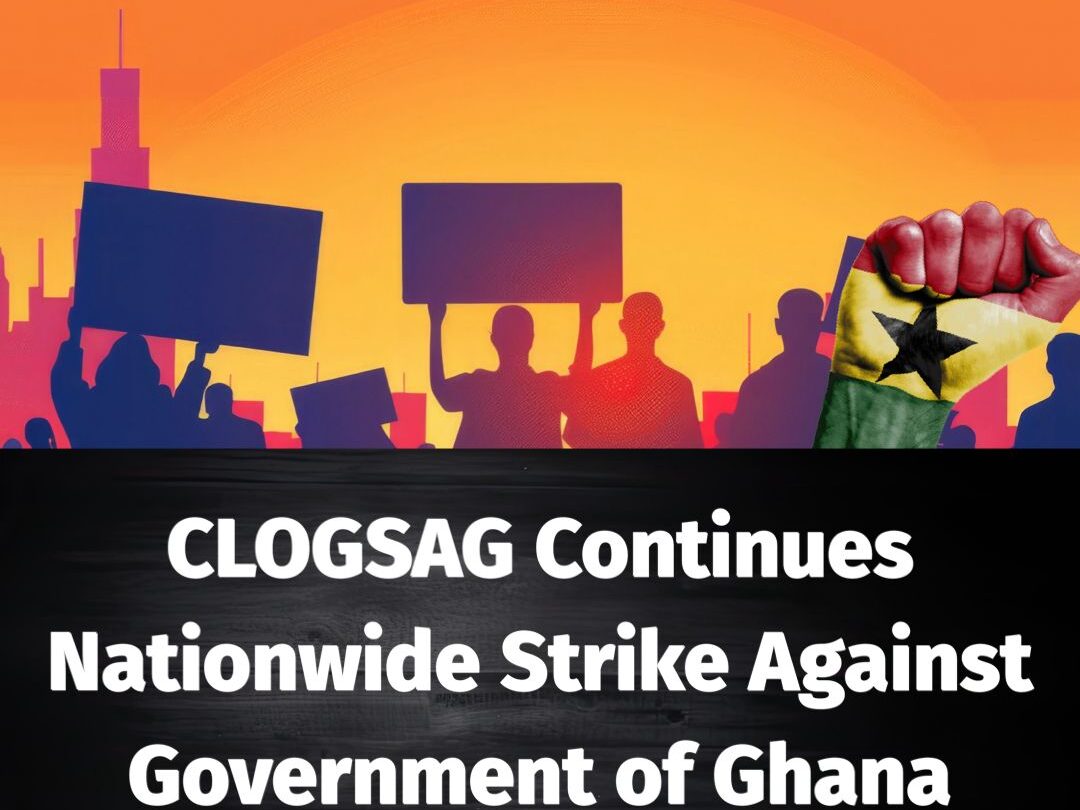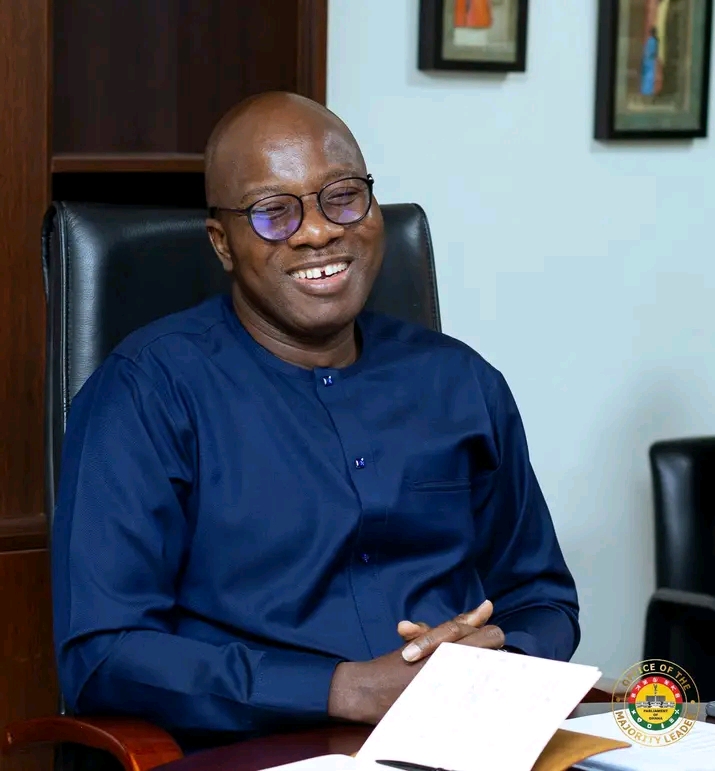By Emmanuel Amoah

The Civil and Local Government Staff Association, Ghana (CLOGSAG), persists in its nationwide strike, protesting the government’s failure to address their critical concerns. This industrial action follows a series of unresolved issues, including stagnant promotions, poor working conditions, and inadequate remuneration.
In a statement released by CLOGSAG, the strike is described as a last resort after all efforts to engage the government in constructive dialogue have yielded no results. The association, representing over 20,000 members across the country, anticipates a significant impact on local government services.



CLOGSAG’s demands include immediate promotions for deserving members, improved working conditions, enhanced compensation packages, regularization of service conditions for temporary workers, and salary increments.
The association has voiced frustration over the government’s reluctance to address these long-standing issues, despite numerous assurances. CLOGSAG has emphasized that the strike will continue until their demands are met and are prepared to escalate their actions if necessary.
The strike is expected to disrupt various local government services, including sanitation and waste management, healthcare services, education, and social welfare programs. Residents across the country may face interruptions in these essential services, compounding existing challenges.
The government had acknowledged CLOGSAG’s concerns in an earlier Memorandum of Understanding (MOU) and appealed to the association to call off the strike. However, no concrete commitments have been made to address the pressing issues.
While the government urges CLOGSAG to return to the negotiation table, the association remains steadfast in its demands.
Public opinion is divided on the strike, with some supporting CLOGSAG’s demands and others expressing frustration over the potential disruptions to essential services.
The CLOGSAG nationwide strike has highlighted the long-standing issues faced by civil and local government staff in Ghana. Swift government action is needed to address these concerns and prevent further disruption to essential services. A resolution to this impasse is crucial for the well-being of both CLOGSAG members and the general public.






